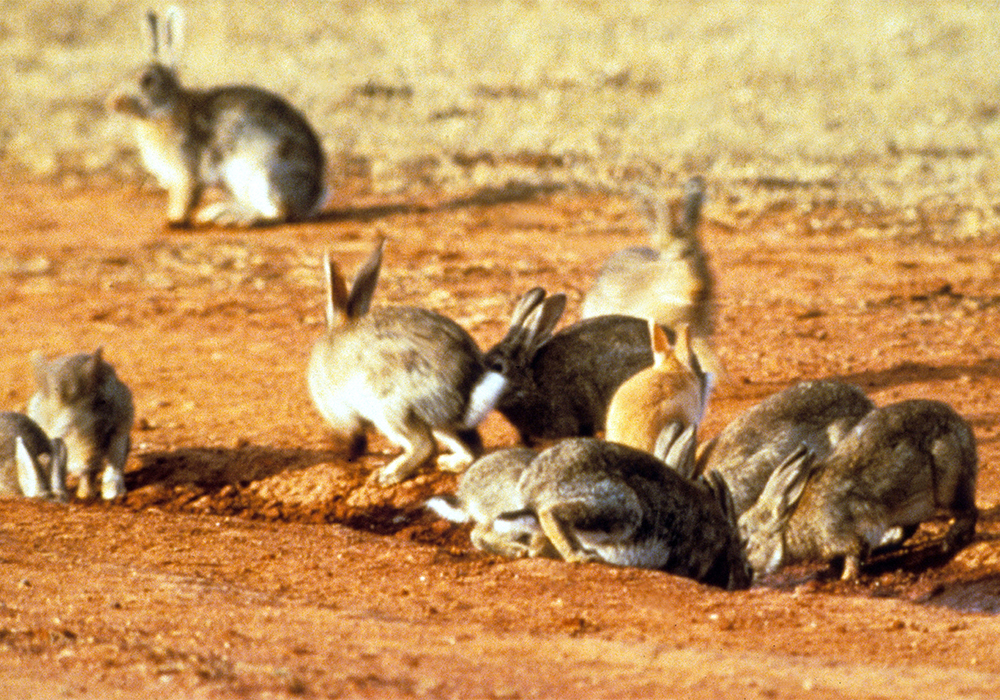A lot of life’s calamities could be avoided if we took a little time before making decisions and asked a very simple question: “what happens next?”
I’ve been thinking about this since writing a column a few weeks ago about invasive species.
A lot of these unwanted critters and plants were introduced accidentally, like weed seeds from Europe, so maybe the question doesn’t apply in those instances.
But many times, a seemingly innocuous decision to introduce something where it doesn’t belong can have far-reaching consequences.
Read Also

Higher farmland taxes for investors could solve two problems
The highest education and health care land tax would be for landlords, including investment companies, with no family ties to the land.
Wild pigs come to mind. The growing headache started decades ago when farmers desperate to find new revenue streams began raising wild boar. However, they either didn’t take adequate containment precautions or actually opened the gates when the enterprise fizzled.
Asking “what happens next” before opening the gate could have solved a few problems later on.
The granddaddy of these kinds of situations is Australia’s rabbit invasion.
Some homesick bozo in the mid-19th century decided to order a couple cages of rabbits from England so that he had something to hunt in the new country, and the next thing you knew, after the critters bred like … well, you know, rabbits … the country found itself in a terrible mess.
It’s said that the country’s rabbit population boom was the fastest spread by a mammal ever recorded.
The Aussies have tried all sorts of ways to get things under control, including building an 1,800 kilometre fence across the country.
More recently, they have introduced viruses to kill the pests, with some success, but great care must be taken to prevent unforeseen consequences. In other words, asking “what happens next.”
This all leads to the Canada geese that are causing headaches in Moncton, N.B.
The species that was indigenous to the province had died out a long time ago, and while some attempts had been made over the years to bring them back, the birds never got out of control.
Then, in the 1990s, as Ontario was struggling with an over-abundance of Canada geese, the New Brunswick government decided to take some of them off their hands.
It turned out to be a big mistake, and now Moncton struggles with slippery walking paths and aggressive fowl.
If only someone had asked, “what happens next?”















